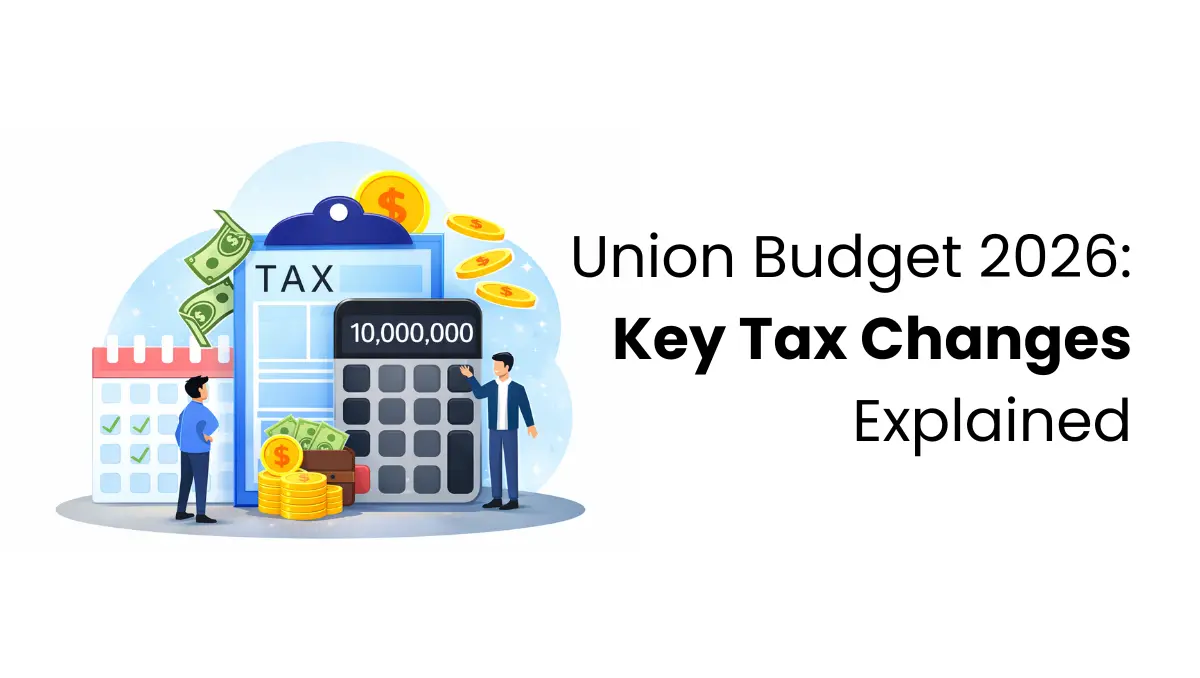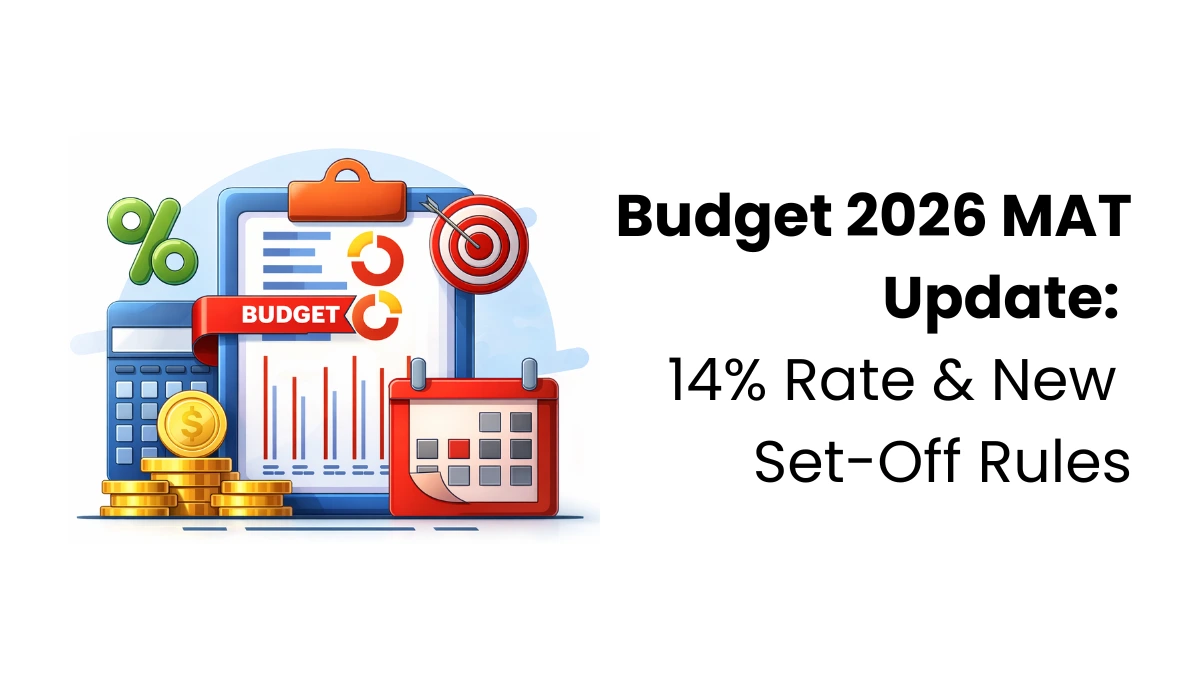The reverse charge mechanism means that the buyer, not the seller, has to pay Goods and Services Tax (GST) on goods or services. This happens when a registered buyer gets goods from an unregistered seller. This blog will explain everything you need about the Reverse Charge Mechanism (RCM) under GST.
When is Reverse Charge Applicable?
The Reverse Charge Mechanism in GST applies to both goods and services. Here are the situations where RCM is relevant:
Buying from Unregistered Vendors
Suppose a registered business buys goods or services from a vendor not registered for GST. In that case, the company must pay the government GST on that purchase. For example, suppose a registered wholesaler buys farm produce from unregistered sellers to sell to others. In that case, they are responsible for paying the GST.
Services from Aggregators or E-Commerce Operators
When an aggregator or an e-commerce platform provides services, the buyer may need to pay the GST directly under the RCM.
Specific Goods and Services
The Central Board of Excise and Customs (CBEC) has specified a list of specific goods and services to which reverse charge applies. Businesses should check this list to ensure compliance.
Learning about these situations helps businesses determine when they are responsible for paying GST directly. To understand it properly, joining a GST course in Kochi is the best option that allows one to acquire complete knowledge related to the GST sector.
The Central Board of Excise and Customs (CBEC) lists specific goods and services subject to the Reverse Charge Mechanism (RCM).
| S.No | Tariff Item | Description of Supply of Goods | Supplier of Goods | Recipient of Supply |
| 1 | 0801 | Cashew nuts, not shelled or peeled | Agriculturist | Registered taxable person |
| 2 | 1404 90 10 | Bidi wrapper leaves (tendu) | Agriculturist | Registered taxable person |
| 3 | 2401 | Tobacco leaves | Agriculturist | Registered taxable person |
| 4 | 5004 to 5006 | Silk yarn | Any person who manufactures silk yarn from raw silk or silk worm cocoons | Registered taxable person |
| 5 | — | Supply of lottery | State Government, Union Territory, or local authority | Lottery distributor or selling agent |
Here’s a simple list of services where the person receiving the service has to pay GST directly under the Reverse Charge Mechanism (RCM), based on the 14th GST Council meeting:

| S.No | Service Description | Service Provider | Recipient of Supply |
| 1 | Services from a person in a non-taxable area | Supplier from a non-taxable area | Registered taxpayer |
| 2 | Transporting goods by road | Goods Transport Agency | Registered taxpayer |
| 3 | Legal services | Legal firm or lawyer | Registered taxpayer |
| 4 | Services from an arbitral tribunal | Arbitral Tribunal | Registered taxpayer |
| 5 | Sponsorship services | Individual person or business | Corporate or partnership firms |
| 6 | Services from government or local authorities (with some exceptions) | Government/Local authority | Registered taxpayer |
| 7 | Services which are provided by a director or corporate body to their own company | Director or corporate body | Their own company |
| 8 | Services from an agent who are working for insurance | Insurance agent | Insurance company |
| 9 | Recovery agent services | Recovery agent | Banking company or financial firm |
| 10 | Transport of goods by a ship from another country to a customs office in India | Transporting agency | Importer of goods |
| 11 | Permission to use copyrighted content | Artist, musician, or creative person | Publishing company |
| 12 | Taxi services booked through an e-commerce platform | Taxi driver | E-commerce operator |
Requirements Under the Reverse Charge Mechanism (RCM) in GST
- GST Registration: The recipient of goods or services must be registered under GST.
- Accurate Record-Keeping: Businesses must keep detailed records of all reverse charge transactions, including invoices and payment details.
- Clear Invoice Information: Suppliers must mention on the invoice that the tax is payable under reverse charge. This should also appear on receipt and refund vouchers.
- Advance Payments: If an advance is paid for goods or services under reverse charge, it’s taxable. The taxpayer paying the advance must also pay the tax on a reverse charge basis.
These requirements help ensure proper compliance with GST rules for businesses.
Time of Supply for Goods and Services Under Reverse Charge
- The time for paying tax under reverse charge is based on the earliest date among these options.
- Date when goods are received.
- Date when payment is made.
- For goods, 30 days from the date on the invoice.
- For services, 60 days from the date on the invoice.
- If none of the above, then the date the transaction is entered in the receiver’s accounts.
Key Points to Remember about RCM
- Only people registered for GST will be notified about goods and services under Sections 9(3) and 9(4).
- GST must be paid to the government by the 20th of the following month.
- You can get ITC (Input Tax Credit) for all goods and services under RCM. People who pay reverse charges can also get ITC benefits.
- It’s better to manually enter RCM details in GSTR-2 instead of letting the system fill them automatically.
- For RCM, the recipient must create the invoice. If there are many purchases, invoices should be issued daily for all GST under Section 31(3).
- After the supplier makes a payment, the recipient should give a payment voucher.
- You cannot claim ITC for reverse charge payments to the government.
- People registered under the composition scheme must pay reverse charges but cannot get ITC for RCM.
- Advance payments also fall under RCM.
Reverse charge mechanism under GST ensures that taxes are paid accurately by placing the responsibility on the buyer in certain transactions where the usual GST process may also not work. Joining online GST courses allows learners regarding how to handle GST properly.










